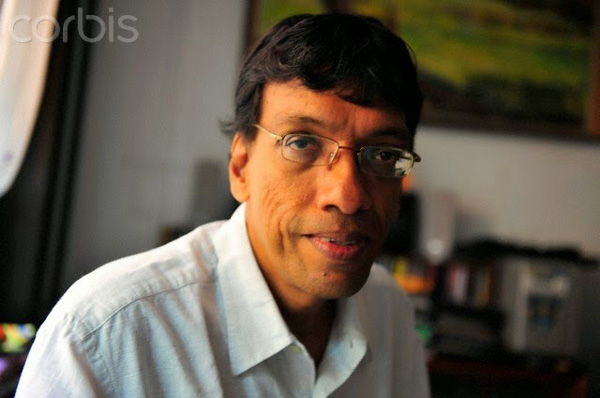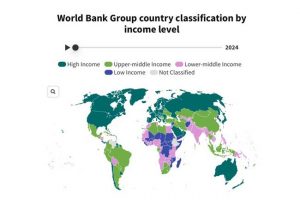Upright Institutions Needed For Sri Lanka’s Recovery -By Dr. Jehan Perera

With elections and a change of government in one way or the other imminent, the independent institutions of state vested with authority to monitor, and provide a check and balance to government, are vindicating their existence. The reports of the Auditor General over the years has been a testament to the diligence with which public officials empowered with a mandate pursue their tasks and find out the misuse of resources that has taken place. One of its reports is on a petroleum scam that has gone on for years and has come up before the Committee on Public Enterprises in parliament. The Public Utilities Commission of Sri Lanka (PUCSL) has refused approval to award procurement of the 484 MW wind power plant in Mannar and Pooneryn to Adani Green Energy SL Ltd. (AGESL), saying the information submitted to it by the Ceylon Electricity Board (CEB) was not adequate to assess least cost and technical compatibility.
The CEB has failed to submit the schedules of the draft power purchase agreement (PPA), the signed memorandum of understanding (MoU) with the Government of India, and clearance granted by the Attorney General’s Department to sign such an MoU following Cabinet approval in March last year. Among other details, the basis for declaring the same “plant factor” for both locations—Mannar and Pooneryn—has also not been made available to the regulator. Even the results of the environmental impact assessment (EIA) and details of the environmental licence issued by the Central Environmental Authority (CEA) were not submitted. These are all indicators of the lack of transparency in the project which is a recipe for corruption.
The lack of transparency in economic dealings which could potentially lead to massive kickbacks has been highlighted in the IMF’s “Governance Diagnostic” for Sri Lanka, which accompanied its financial prescriptions. The IMF conducted a governance assessment for Sri Lanka, focusing on corruption vulnerabilities and governance weaknesses in the country. The assessment provides recommendations to the government on improving transparency, accountability, and public financial management. According to Verite Research, Sri Lanka verifiably failed to meet 25 percent of the commitments due by the end of May 2024. In examining the 16 commitments that were ‘not met’, seven of them were on financial management, six on financial transparency, and three on anti-corruption measures.
Verite Research noted that Sri Lanka is failing to comply with the IMF program precisely on the aspects that were diagnosed as the root causes of the economic crisis – problems of financial transparency, management and corruption. Many of the commitments not complied with at the second disbursement in December of last year also related to actions on transparency and anti-corruption. Referring to the imposition of new taxes without giving the general public the opportunity to discuss them, Verite executive director, Dr Nishan de Mel said, “It’s a pity then that the IMF has now become part of that problem — of rationally unsupported arbitrary policy making, rather than part of the solution to that problem in Sri Lanka.” He pointed to non-publication of the IMF Technical Assistance reports which purport to justify the current taxes, such as the controversial ones such as the controversial imputed rental income tax which is about taxing houses owned by people.
Judicial Rationality
Unfortunately, some senior members of the government have been critical of the judiciary for giving judgments that have gone contrary to government plans. The government has yet to conduct the illegally postponed local government elections that the judiciary ruled should be held without money set aside for the elections being blocked in any form. In a recent case of the Women’s Equality Bill, President Ranil Wickremesinghe has taken umbrage at the judiciary and even gone to the extent of referring to “judicial cannibalism” in critiquing the Supreme Court’s judgement that it required a special majority and referendum to pass muster.









